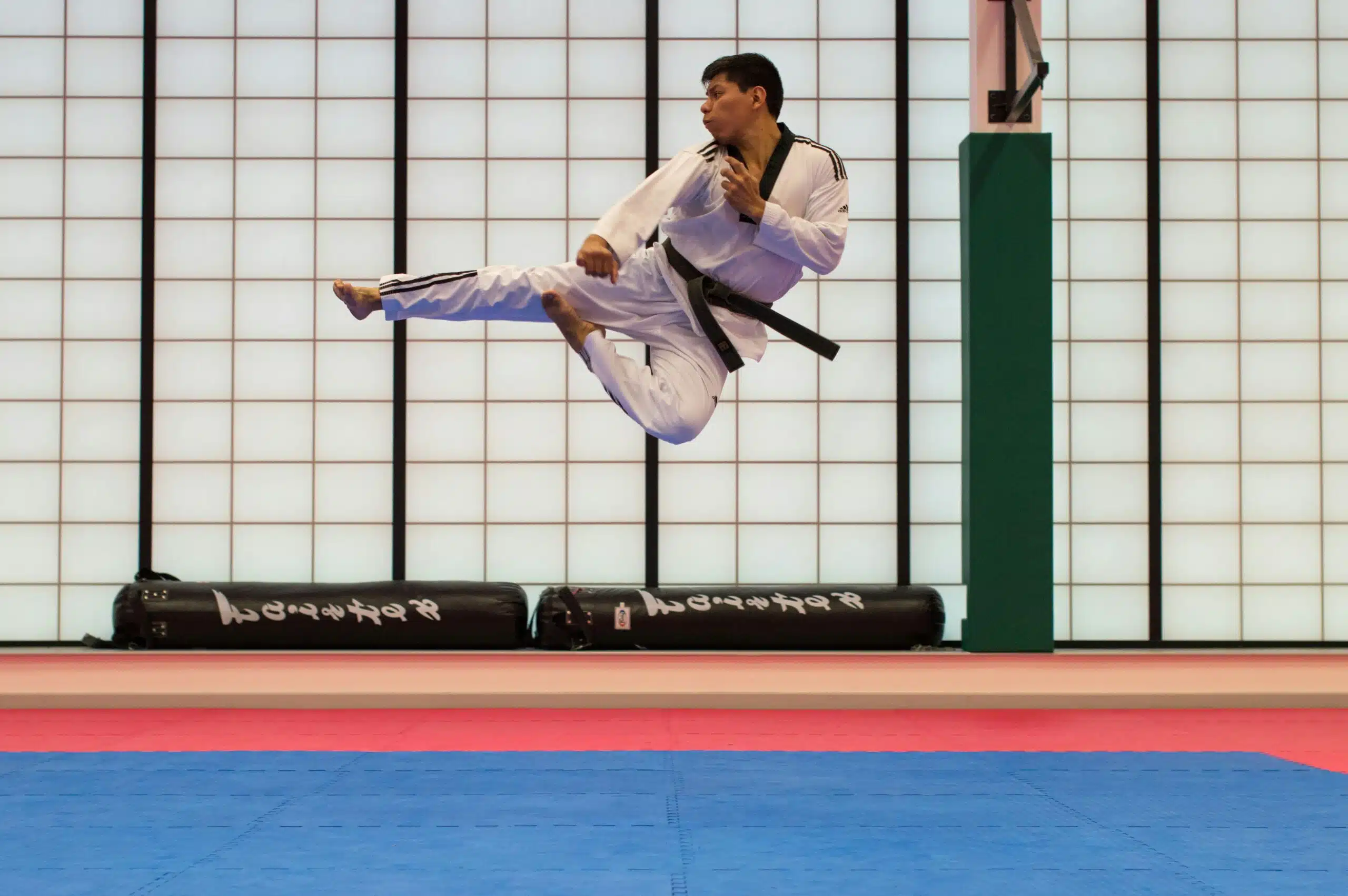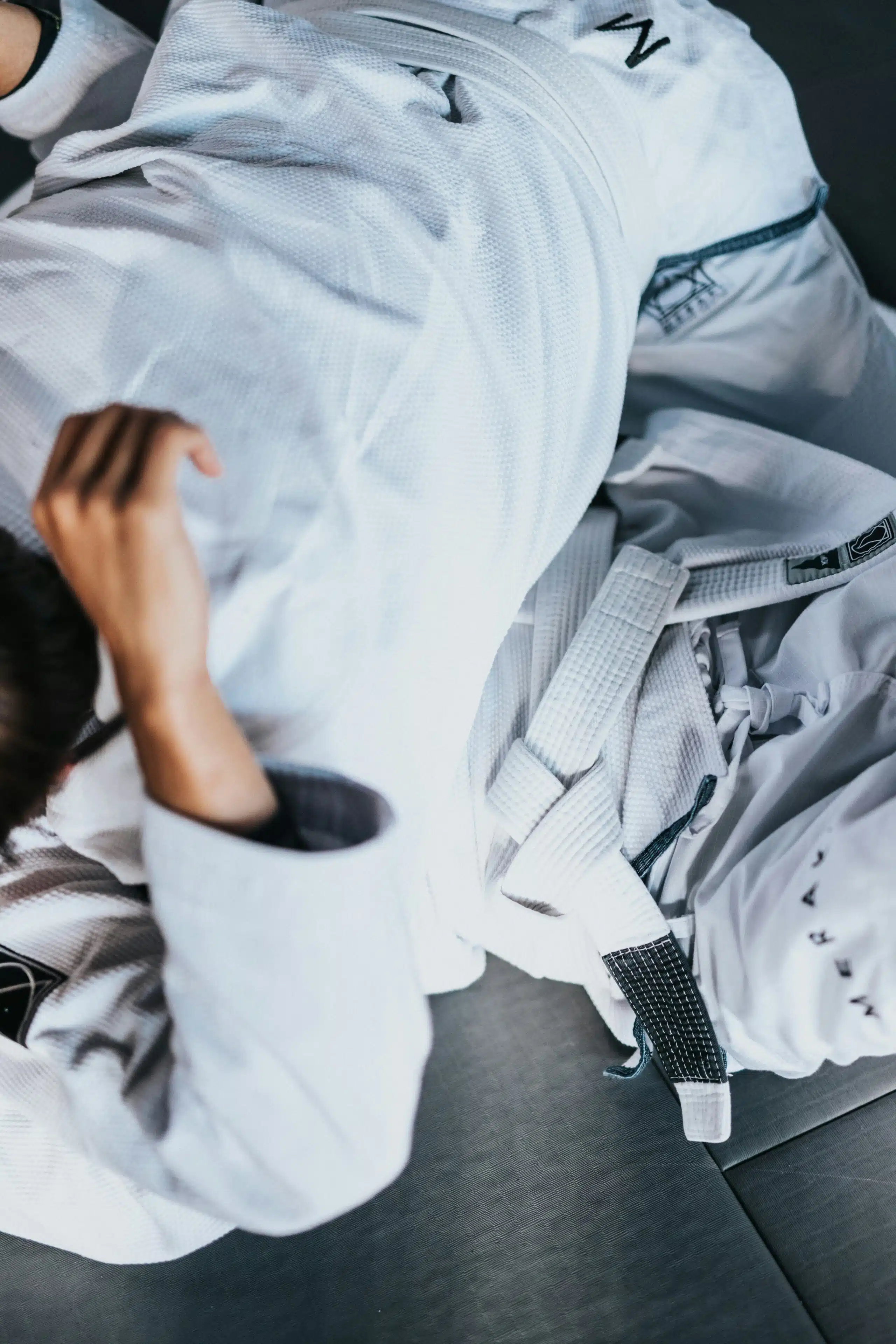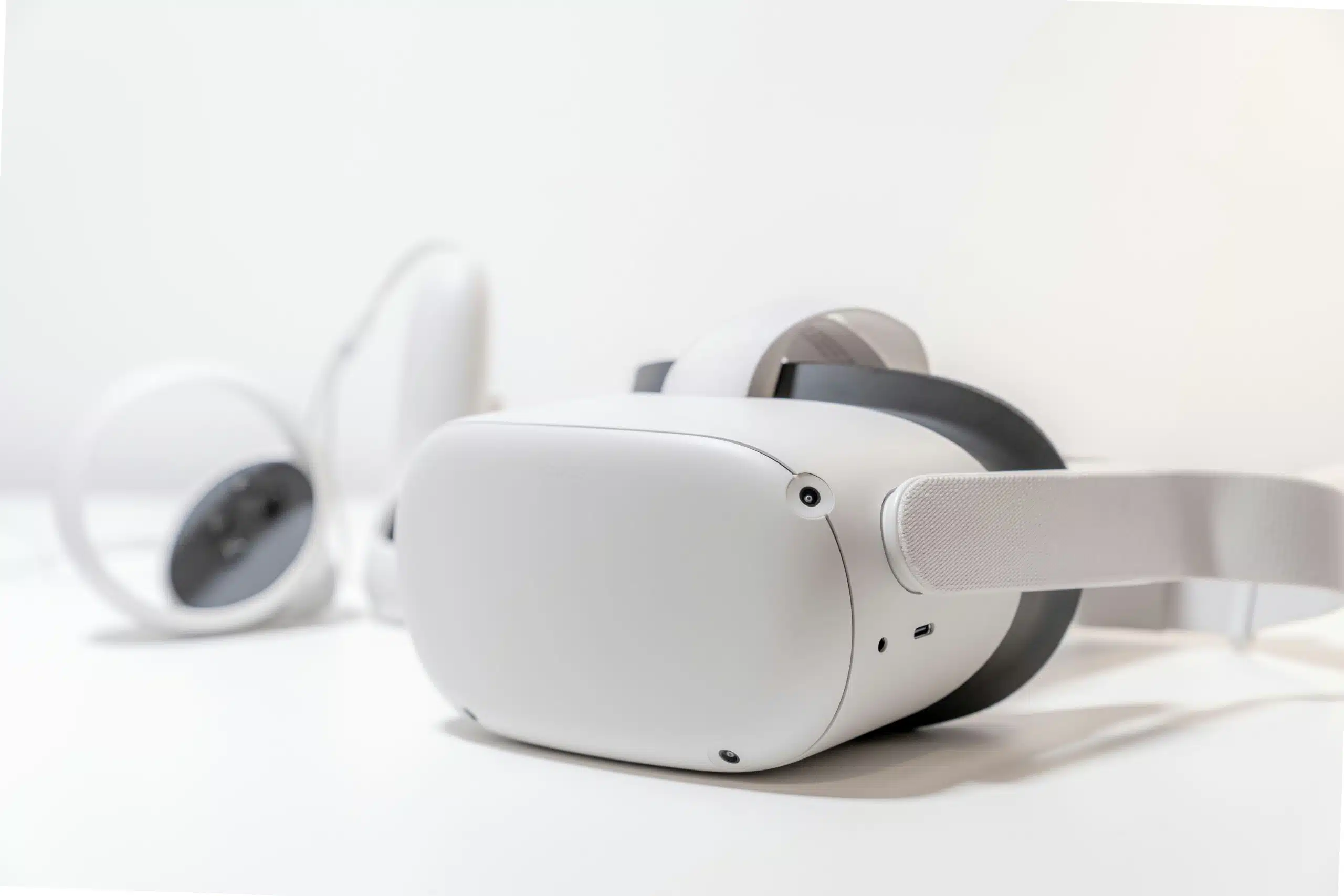In today’s fast-paced world, martial arts schools and dojo owners must adapt to stay competitive. Technology is no longer just an option—it’s a key factor in running an efficient and successful martial arts business. From streamlining administrative tasks to enhancing student engagement and retention, integrating martial arts coaching technology transforms schools’ operations and growth.
By utilizing tools like dojo management software, virtual training platforms, and wearable biometric devices, martial arts schools can offer a modern, data-driven approach to training that sets them apart. This not only improves the coaching experience but also leads to better student outcomes, increased retention rates, and a stronger, more profitable business. This blog will explore the technologies that can help your school thrive in today’s competitive market and how adopting these tools can position your dojo as a leader in innovation.
Key Takeaways
- Tools like dojo management software streamline operations and enhance training quality.
- Expand reach and create new revenue streams with online training platforms.
- Optimize coaching and personalize training for better results.
- Attracts tech-savvy students with immersive, innovative experiences.
- Build community and increase student loyalty through online engagement.
- Merging technology with martial arts values creates a competitive edge.
Defining Martial Arts Coaching Technology for Business Growth

For martial arts school owners, coaching technology refers to the tools and systems that not only enhance student training but also streamline the business side of running a dojo. By adopting modern technology, schools can offer a higher quality of training while simplifying administrative tasks, freeing up time for instructors to focus on what matters most: their students.
From dojo management software that automates class scheduling, billing, and attendance tracking to wearable tech that provides real-time feedback on students’ performance, these technologies bring a new level of professionalism to martial arts businesses. Schools that invest in these innovations differentiate themselves in a crowded market, making them more appealing to both current and potential students.
Examples of martial arts coaching technology include:
- Dojo management software automates administrative tasks, reduces overhead, and improves operational efficiency.
- Wearable tech: Provides real-time performance data, helping students progress faster while increasing their satisfaction and loyalty.
- Virtual training platforms: Offer supplemental learning for students, enhancing their overall experience and encouraging engagement outside of class.
By incorporating these tools, martial arts schools can not only improve the quality of their instruction but also create a more organized and scalable business model.
The Evolution of Technology in Martial Arts Training
The evolution of technology has brought significant benefits to martial arts schools, both in training and business management. Gone are the days of manual processes for tracking attendance or relying solely on in-person training. Today’s schools are leveraging cutting-edge tools to provide a more streamlined, efficient, and engaging experience for students and staff alike.
For dojo owners, technology has made administrative tasks far easier. Dojo management software automates repetitive tasks like billing, scheduling, and communication, allowing owners to focus on business growth and quality coaching rather than administrative burdens.
Key technological advancements include:
- Wearable sensors Track students’ performance and progress in real-time, helping instructors provide precise feedback and foster faster skill development.
- Virtual training platforms: Offer additional learning opportunities for students, keeping them engaged outside of regular class times and improving retention rates.
- Automated administration systems Streamline the dojo’s day-to-day management, freeing up valuable time for instructors and owners.
Adopting these tools not only enhances the student experience but also positions your dojo as an innovative and forward-thinking business.
Understanding the Impact of Technology on Dojo Efficiency
For martial arts school owners, efficiency is key to scaling operations and maintaining a competitive edge. Technology is pivotal in enhancing this efficiency, both in the dojo and behind the scenes. Smart equipment, like wearable sensors and biometric tools, allows instructors to collect real-time student performance data, offering instant feedback that accelerates student progress. This results in more satisfied students who see tangible improvements in their skills, leading to higher retention rates and positive word-of-mouth marketing for the dojo. The benefits of enhancing dojo efficiency through technology include:
- Improved student progress: Wearable tech allows for precise feedback, helping students correct techniques faster and more effectively.
- Streamlined operations: Automated systems handle administrative tasks, reducing overhead and eliminating manual processes.
- Enhanced student retention: Providing a modern, tech-enhanced training environment keeps students engaged and committed, improving retention rates.
For dojo owners, investing in these tools means less time spent on repetitive tasks and more time dedicated to growing the business and delivering value to students.
The Virtual Dojo: Embracing Online Training Platforms

For martial arts schools looking to expand their reach and diversify their offerings, online training platforms, or virtual dojos, are an essential tool. These platforms enable schools to provide students with training resources outside regular class hours, increasing engagement and creating new revenue streams. Whether students are reviewing techniques, accessing exclusive online classes, or participating in virtual sparring sessions, the convenience and flexibility of a virtual dojo can greatly enhance the student experience.
Key benefits of implementing a virtual dojo include:
- Increased student engagement: Offering students online resources, such as video tutorials and virtual classes, allows them to stay engaged with their training outside of the physical dojo.
- New revenue streams: Schools can monetize online content, creating subscription-based access to premium materials or charging for exclusive virtual classes.
- Wider reach: Virtual training platforms allow schools to reach potential students who might not be ready for in-person classes, increasing enrollment and growing the school’s community.
By incorporating a virtual dojo into their offerings, martial arts schools can provide a more comprehensive and flexible experience for students, ultimately boosting business growth.
Enhancing Student Learning With Digital Platforms
Student retention is a critical component of success for any martial arts school. Integrating digital platforms into their offerings allows dojo owners to create a more engaging and personalized experience that keeps students motivated and committed to their training. Digital tools like performance-tracking apps and online learning modules offer students ongoing feedback and additional learning opportunities, ensuring they stay on track and see measurable progress.
Key advantages of using digital platforms to improve student retention include:
- Real-time feedback: Wearable tech and performance-tracking apps give students immediate insights into their progress, motivating them to continue their training.
- Continuous learning opportunities: Online resources and learning modules keep students engaged between classes, improving their overall experience and encouraging long-term commitment.
- Personalized progress tracking: Students can view their performance data over time and see tangible improvements, which boosts satisfaction and helps maintain retention.
By implementing these digital tools, martial arts schools can foster a deeper connection between students and their training, ultimately improving retention rates and helping the business thrive.
Biometric Feedback Devices: The Key to Performance Enhancement

Biometric feedback devices are revolutionizing how martial arts schools track and improve student performance, making them invaluable tools for both coaching and business growth. By incorporating wearable tech that monitors key metrics like heart rate, movement accuracy, and physical strain, martial arts schools can offer students a more personalized and data-driven training experience. This not only enhances the quality of instruction but also improves student satisfaction, which is critical for retention and word-of-mouth marketing.
For dojo owners, biometric feedback devices offer a competitive edge. Schools that provide real-time performance data are committed to student progress and innovation, attracting new students and retaining existing ones. Additionally, biometric data can help instructors identify areas for improvement more accurately, allowing for customized training plans that cater to individual student needs, further enhancing the overall experience.
AI and Machine Learning: Revolutionizing Martial Arts Coaching Strategy

Artificial intelligence (AI) and machine learning are becoming essential tools for martial arts schools looking to optimize their coaching strategies and differentiate themselves in a competitive market. These technologies can analyze student performance data, identify patterns, and provide actionable insights that help instructors refine their teaching methods. By using AI-driven analytics, schools can offer more personalized training programs, leading to better student outcomes and higher retention rates.
For dojo owners, AI and machine learning can also streamline operations. Predictive analytics can help identify trends in attendance, billing, and student progression, allowing for more efficient management. Additionally, AI-powered tools can provide advanced video analysis of students’ techniques, giving instructors data-driven insights that would otherwise be difficult to obtain.
Virtual and Augmented Reality: The Future of Martial Arts Training

Virtual and augmented reality (VR and AR) transform how martial arts schools deliver training, providing innovative and immersive experiences that engage students like never before. These technologies allow martial arts students to practice techniques in simulated environments, offering real-time feedback and analysis without needing a physical sparring partner. By incorporating VR and AR into their offerings, martial arts schools can appeal to a broader audience, including tech-savvy students and those looking for a modern, cutting-edge training experience.
For dojo owners, VR and AR also open up new opportunities for attracting students who cannot attend in-person classes regularly. Virtual training sessions can be offered to remote students, expanding the school’s reach beyond its immediate geographic area. AR tools can be used to create interactive, step-by-step tutorials that make learning new techniques more engaging and accessible. These features can be monetized through subscription services or premium access, creating new revenue streams for the school.
Exploring the Benefits of VR/AR in Training Scenarios
By incorporating VR and AR into their training programs, martial arts schools can provide a more dynamic and innovative learning environment, setting themselves apart from competitors and appealing to a wider audience.
Key business benefits of integrating VR and AR include:
- Enhanced student engagement: Offering immersive training experiences keeps students excited and motivated to continue their training, improving retention rates.
- Expanded reach: Virtual training options allow schools to connect with students from anywhere, increasing enrollment opportunities.
- Additional revenue streams: Schools can monetize virtual and augmented reality content, offering premium classes and tutorials to tech-savvy students.
Foster Community and Engagement Through Digital Platforms

In the modern martial arts business landscape, creating a sense of community is vital for maintaining student loyalty and ensuring long-term success. Digital platforms, such as social media and dedicated online communities, play a significant role in fostering this engagement. By leveraging these tools, martial arts schools can keep students connected, engaged, and motivated outside regular training sessions.
Leveraging Social Media for Martial Arts Education and Inspiration
For dojo owners, digital platforms offer an effective way to share updates, highlight student achievements, and provide valuable content such as training tips and tutorials. Social media platforms like Instagram, Facebook, and YouTube can be powerful marketing tools, helping schools reach a broader audience and establish themselves as leaders in their field. Additionally, creating a private community for students—through platforms like Discord or private Facebook groups—can enhance the sense of belonging, further increasing retention.
Key benefits of using digital platforms to foster community include:
- Increased student loyalty: Creating an online community helps students feel more connected to the dojo, increasing their commitment and retention.
- Expanded marketing opportunities: Social media allows schools to promote their programs, share success stories, and attract new students through engaging content.
- Continuous engagement: Digital platforms keep students engaged between classes, allowing them to access training tips, participate in discussions, and stay motivated.
By using digital platforms to build a connected community, martial arts schools can increase student retention, attract new students, and create a strong brand presence that extends beyond the physical dojo.
Balancing Technological Advancements with Traditional Martial Arts Values

While integrating technology into martial arts coaching is crucial for staying competitive, maintaining the core values of martial arts—discipline, respect, and perseverance—remains essential. For martial arts school owners, the challenge lies in striking the right balance between embracing modern innovations and preserving the traditional elements that define the art form.
Incorporating tools like biometric feedback, virtual dojos, and AI-powered analytics can enhance training and business operations without compromising these core values. In fact, these technologies can support the development of well-rounded martial artists by offering personalized insights, improving safety, and allowing students to progress at their own pace. Schools that succeed in merging technology with traditional values will not only offer an unparalleled training experience but also foster a deeper connection between students and the art.
Conclusion
Embracing technology is key to the success of modern martial arts schools. Tools like biometric feedback, virtual dojos, and AI-driven coaching enhance training, streamline operations, and improve student retention. By balancing these innovations with traditional martial arts values, school owners can offer a modern, engaging experience while maintaining the discipline and respect central to the art. With the right technology, schools can grow, thrive, and stand out in a competitive market, ensuring long-term success.


